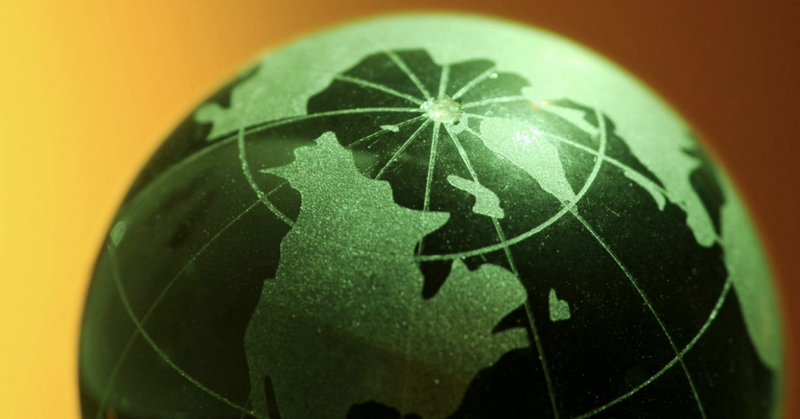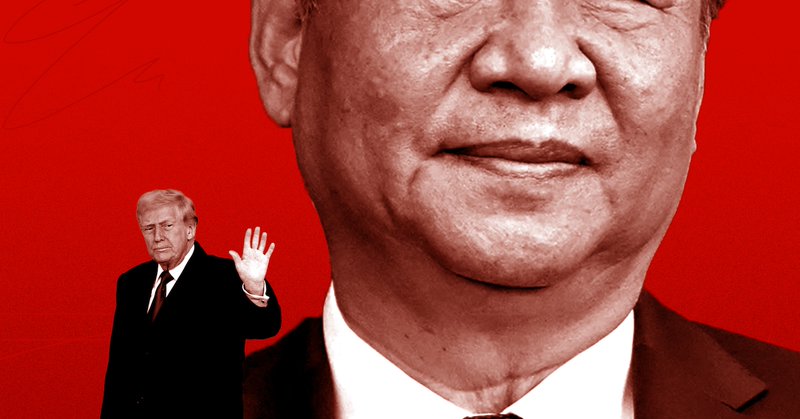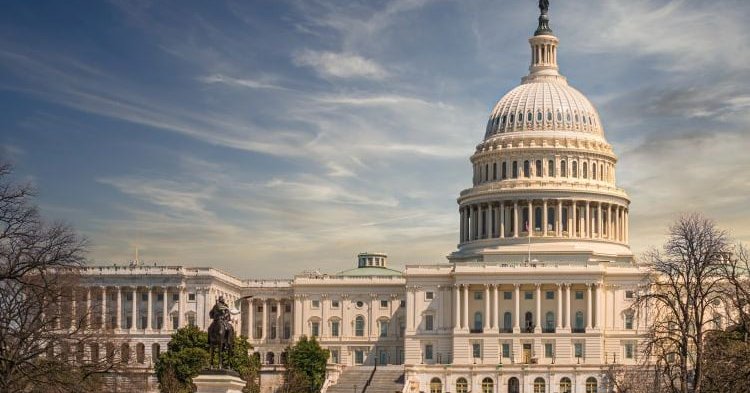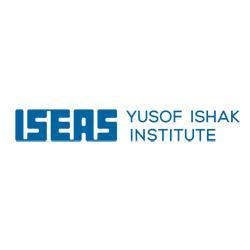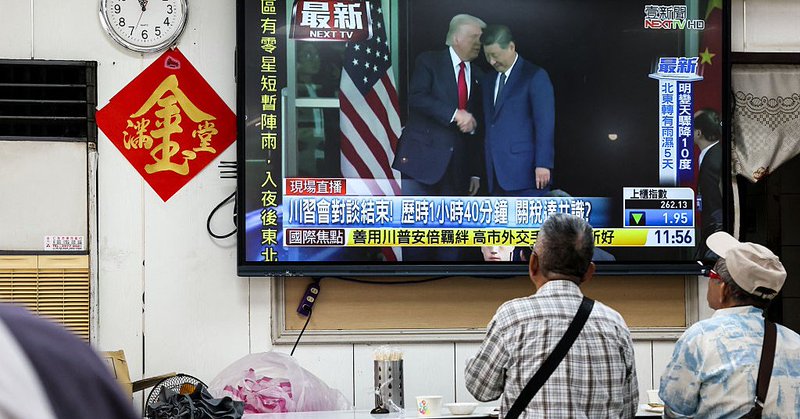
Zack Cooper
@ZackCooper
Followers
19K
Following
753
Media
288
Statuses
1K
Tweets on Asian security. Senior Fellow @AEI. Lecturer @PrincetonSPIA. Board Chair @OpenTech. Wrangler of children. Former Pentagon and White House staffer.
Joined June 2008
🥳1⃣🪩 “Hanging Together or Hanging Separately? Europe and the Indo-Pacific in US-China Rivalry”, In-Depth Paper by Luis Simón, Daniel Fiott, Octavian Manea, Zack Cooper and Toshi Yoshihara:
csds.vub.be
The United States appears to be consistent on the idea that “great power” or “strategic” competition and, more specifically, “competition with China” stands out as its overriding national security...
0
5
7
"The administration is trying so hard to avoid angering Beijing that it is pulling its foreign policy punches as well," @DerekScissors1 and @ZackCooper write.
washingtonpost.com
The president’s second-term China policy started out aggressive. That quickly changed.
3
11
23
In his 1st term, President Trump ushered in the era of strategic competition with China. In his 2nd term, President Trump is pursuing cooperation at the cost of competition. Derek Scissors and I examine this 180-degree turn for @washingtonpost: https://t.co/TBMdkg0loF
washingtonpost.com
The president’s second-term China policy started out aggressive. That quickly changed.
14
72
190
You’re in luck! Let’s just say that I have some strong feelings about the NSS… https://t.co/hECE5Yn4so
Ngl im excited for @capreble @profmarlowe @ZackCooper to drop some heat about the NSS on Net Assessment
0
4
21
Interesting rundown of all the major Indo-Pacific initiatives in the 2026 NDAA. Good overview of what priorities Congress is pushing the administration on in the region https://t.co/ds1sUXtoaO
@ZackCooper
aei.org
The 65th annual National Defense Authorization Act (NDAA) authorizes $900.6 billion in spending on defense for fiscal year 2026. It includes a number of critical provisions on Asia policy. Below are...
0
2
7
Asia watchers: We read the NDAA so you don’t have to! Here are five key items in the 2026 NDAA, as well as a full list of all the Asia-related provisions. https://t.co/wWvvxhhv7T
aei.org
The 65th annual National Defense Authorization Act (NDAA) authorizes $900.6 billion in spending on defense for fiscal year 2026. It includes a number of critical provisions on Asia policy. Below are...
7
63
193
Welcome to the Trump administration, ladies and gentlemen.
10
16
104
2/ The letter adds to the mounting criticism in Washington toward the administration for not forcefully defending its ally over the issue. @ZackCooper says: "Over the last year, the Pentagon has pushed U.S. allies to make clear what they would do in a Taiwan contingency. Prime
2
8
19
I just read the Trump administration's National Security Strategy. Five initial thoughts: 1) Where's the geographic focus? A little all over the place... - Western Hem is discussed first - Europe gets the most mentions - Asia gets the most pages, but nearly all about China
18
143
441
@elyratner I'll have much more to say in the days ahead, but until then have fun reading the Trump admin's (new?) National Security Strategy... https://t.co/QAhAud9GXu
8
13
68
@elyratner 5) Finally, I suspect much focus in coming days will be on the "Trump Corollary" to the Monroe Doctrine: - This is the top item listed under what the US wants from the world - But what does this mean in practice? Esp in Venezuela? - And what does it mean for priorities elsewhere?
4
14
80
4) Some mixed news on Taiwan... - Taiwan described as a strategic location (hey @elyratner!) - Supposedly no change in US declaratory policy, but notable they don't state that the US "does not support Taiwan independence" - Leaving the door open for a future adjustment?
3
19
81
3) China is by far the biggest focus in Asia (and elsewhere): - Trump team clearly seeing all of Asia through the lens of China - Southeast Asia? Almost completely absent - US treaty ally Philippines isn't even mentioned! - Pacific Islands also nowhere to be seen
2
42
120
2) Language on allies is a big shift: - Allies are depicted as a means to an end - Days of "propping up the entire world order like Atlas are over" - Allies must "assume primary responsibility for their regions"
3
25
92
I just read the Trump administration's National Security Strategy. Five initial thoughts: 1) Where's the geographic focus? A little all over the place... - Western Hem is discussed first - Europe gets the most mentions - Asia gets the most pages, but nearly all about China
18
143
441
Our first panel of #ROF2026 will examine the implications of the ongoing #US–#China rivalry on regional political and security developments. Register at https://t.co/m7jR7cdE24
#ROF #SoutheastAsia #Geopolitics #Economy @ZackCooper
0
3
5
The Trump Administration is falling into a classic trap of interpreting nice sounding phrases and strategically meaningless Chinese promises as fundamental improvements in the bilateral relationship, writes AEI's @ZackCooper. https://t.co/PtSVdLLNgh
time.com
"President Donald Trump has hit the rewind button on Washington's China strategy," writes Zack Cooper
0
8
21
"After reading the terms of this new 'deal,' many in Beijing might have a new term: Trumpitulation." @ZackCooper: How Trump put China first
time.com
"President Donald Trump has hit the rewind button on Washington's China strategy," writes Zack Cooper
24
33
81
We are pleased to share a new addition to our ASG publication! Read @ZackCooper's new piece in Foreign Affairs, "How War in Taiwan Ends" sparked by the discussions at this year’s #AspenStrategy Workshop. Find the full collection of pieces here: https://t.co/JH52ZDuP6X
2
4
4
A denial strategy using expendable systems may be effective at defeating an invasion. But it may not be sufficient to deter a conflict or terminate a war. They may require different capabilities. So we must plan not only for stopping an invasion, but also for terminating a war.
3
1
16


